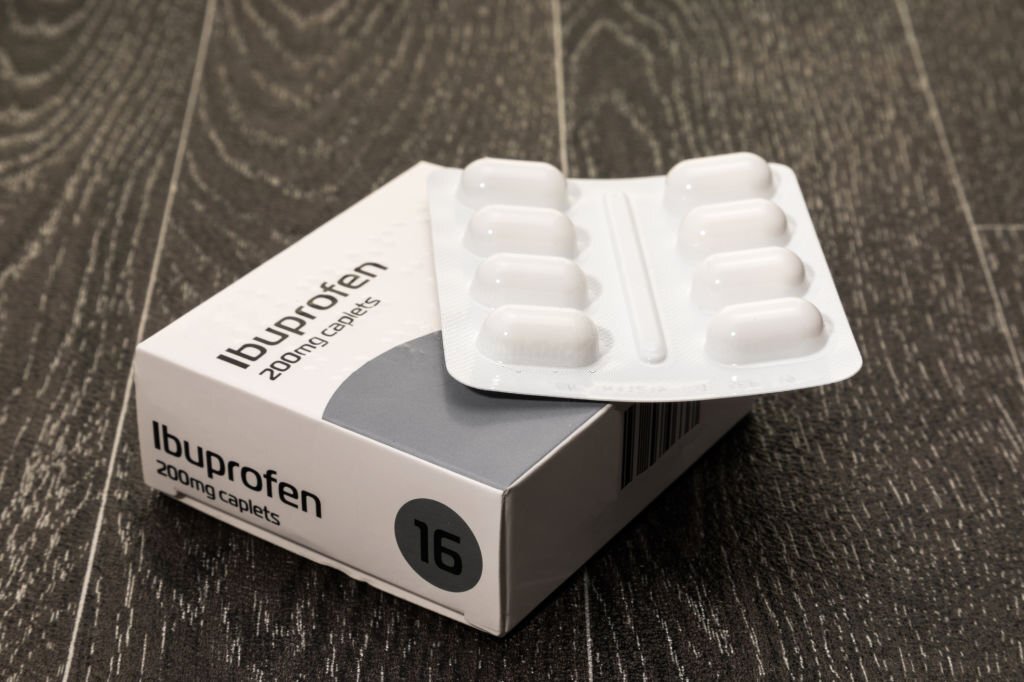Do you have a nagging shoulder pain that needs relief? If you’re looking for a quick relief to your symptoms, different home remedies can help.
There are many causes of shoulder pain, including arthritis, rotator cuff tears, dislocation, frozen shoulder, muscle tension, and many others.
Dr. Arun Ramappa, Harvard Medical School’s associate professor of orthopedic surgery, confirmed that shoulder problems are very common. The pain can come on abruptly or gradually and vary from mild to highly excruciating.
Even though shoulder pain is common, it requires attention and care if it interferes with your everyday activities. Some shoulder pains, fortunately, can be managed at home.
There are over-the-counter medications you can take to help you relieve the inflammation and pain in your shoulders. A cold or hot compress can also do wonders depending if you want your tense shoulders to relax or you want to numb the pain.
Even a relaxing massage or gentle stretching can alleviate the pain by improving mobility and flexibility. There are a few more easy-to-do and effective home remedies you can try.
The 8 Best Home Remedies For Shoulder Pain Relief


We listed 8 best home remedies you can try to relieve shoulder pain. We’ll go through some treatments you can try while at home, from over-the-counter medications to gentle exercises and more.
- Cold Pack
- Apply Heat
- Gentle Exercises & Stretches
- Yoga
- Massage
- Epsom Salt
- Essential Oils
- Over-The-Counter Anti-Inflammatory Medication
1. Cold Pack


Ice packs or cold compresses work well for shoulder pains that involve swelling, inflammation, or post-surgery pains such as bursitis, tendonitis, or when there are damaged tissues.
Cold temperature reduces blood flow to the affected part of your shoulder. This slows down the inflammation and swelling. It can also temporarily suppress pain by numbing your nerves and reducing the tenderness.
Here are some tips:
- Make your ice pack by putting ice cubes inside a pillowcase.
- You can also freeze a gel pack or use a bag of frozen peas.
- Don’t directly put ice on the skin as it may cause frostbite.
- Apply a cold pack to the affected area for 10 minutes 5 times a day.
2. Apply Heat


You might be confused about when to use a cold or hot pack on your aching shoulder.
A cold pack is best when there’s swelling and injuries, while a hot pack is best for muscle tightness. Applying heat increases blood flow to the affected area and soothes your sore shoulders’ tight and stiff muscles.2
A hot compress can relieve your frozen shoulder and other shoulder pains caused by muscle tension due to stress. However, this shouldn’t be used within 48 hours after an injury or surgery.
Here are some suggestions:
- You can dampen a towel with warm water and let it rest on the affected area.
- When using electric heat pads, avoid having direct contact with the skin.
- Apply a hot pack for 10 minutes at a time.
- A warm bath or soaking in a tub with warm water can also soothe your tensed shoulders.
3. Gentle Exercises & Stretches


A gentle shoulder stretching or exercising routine can help relieve stress and build muscles, reducing the risk of pain, injury, or reinjury.
Gentle exercises work by strengthening your shoulder muscles and improving mobility and flexibility. Always begin with a warm-up routine and stop as soon as you feel pain.
Warm-up routines can include gentle movements such as light shoulder rolls. A warm shower before starting an exercise can also loosen up those tight muscles.
An exercise you can do is a simple pendulum stretch. Basic steps include:
- Begin by relaxing your shoulders.
- Stand and lean over a little, letting the affected arm fall down.
- Relax your neck and start swinging the arm in a small circle around 1 foot in diameter.
- Repeat for about 10 circles in each arm daily.
- As you feel your mobility improves, you can start increasing the diameter of your swing.
- Never force your arm and stop when there’s pain.
4. Yoga


Yoga for shoulder pain is a widely used option since it relieves pain without the use of drugs and is a long-term solution.
If you shoulder pain due to stress and muscle tightness, yoga can help alleviate the ache. There are poses that help gently stretch and loosen up those tense muscles.
Regular yoga sessions can help you ease your shoulder pains by improving your flexibility and reducing inflammation. The breathing practices of yoga also help in pain management.
Here are some yoga poses that you can try:
- Thread the Needle Pose
- Warrior II
- Child Pose
- Sphinx Pose
- Melting Heart Posture
- Seated Forward Bend
Read More: Best Yoga Poses For Upper Back Pain Relief
5. Massage Therapy


If you have shoulder pains due to tensed muscles and fatigue, massage therapy is an effective home remedy you can do. This is especially good for frozen shoulders or any pain in the arms and shoulders.
Like hot compress, massage therapy increases the blood flow to the affected area, leading to relaxed muscles and lesser inflammation. Massage therapy reduces not just your shoulder pain but also from the other parts of your body.
Studies show that massage therapy can be the most effective treatment for muscle damage, soreness, and fatigue.3
You can do a quick pre-workout massage to help decrease the pain when you’re increasing your range of motion during exercise.
You can get a good massage from a professional, or try this simple shoulder massage using a foam roller:
- Place it beneath your affected arm’s armpit and lean on a counter or table.
- Extend your arm as though reaching for something and roll back and forth to release your shoulder muscles.
- Another way you can use a foam roller is to gently massage your shoulder by putting it between your shoulder and neck.
Read More: Health Benefits Of Foam Rolling
6. Epsom Salt


When placed in a warm bath, Epsom salt breaks down into sulfate and magnesium, which get absorbed in your body when you soak in it. Magnesium sulfate has been shown to play an essential role in pain management for its analgesic effect.4
To prepare an Epsom salt bath:
- Start by dissolving 1 to 2 cups of Epsom salt to warm water in a tub.
- Soak yourself in the bathwater, ensuring your neck area gets submerged.
- Soak and relax for about 20 minutes or more.
- If you don’t have a tub, you can dampen a towel with Epsom salt water and apply it directly to your aching shoulder.
7. Essential Oils


There are also many essential oils that you can use against your shoulder pain. Many essential oils have been studied and shown effective against muscle pain, tension, inflammation, and other health concerns.5
To use essential oils for shoulder pains, you can apply them topically during a massage. However, you need to dilute them using a carrier oil like olive oil or jojoba oil.
You can also inhale them through a diffuser or add a few drops to your bath water for a relaxing bath.
Here are some essential oils that have an analgesic and anti-inflammatory properties effective against your sore shoulder muscles:
- Lavender oil
- Eucalyptus oil
- Peppermint oil
- Chamomile oil
- Yarrow oil
8. Over-The-Counter Anti-Inflammatory Medication


Probably the easiest fix to any pain is taking medication. Nonsteroidal anti-inflammatory medications (NSAIDs) are effective against shoulder pains and generally safe.1
NSAIDs help cut down on the inflammation and pain caused by prostaglandin, which are lipids that are found at the site of tissue damage or infection. It works best in shoulder pains such as osteoarthritis, tendonitis, rotator cuff injuries, and others with inflammation.
Common NSAIDs include:
- Ibuprofen
- Aspirin
- Naproxen
Home Remedies For Shoulder Pain Relief – In Short
I hope this list of home remedies was beneficial to you as you look for shoulder pain relief.
Some of these remedies are quite easy, like using ice packs or a warm bath. Meanwhile, some require you to get up and make daily routine changes like exercise.
According to Dr. Ramappa, it’s not always easy to figure out the causes of shoulder pains. However, if you experience general and mild shoulder pain, home remedies like taking NSAIDs and mild stretches can help reduce it. If your shoulder pain persists, it’s still best to see your doctor.
So there you have it! I hope you try any of these shoulder pain home remedies to discover which one works best for you.
As an additional treatment, feel free to also try to stimulate these 10 best acupressure points for shoulder pain!
References:


